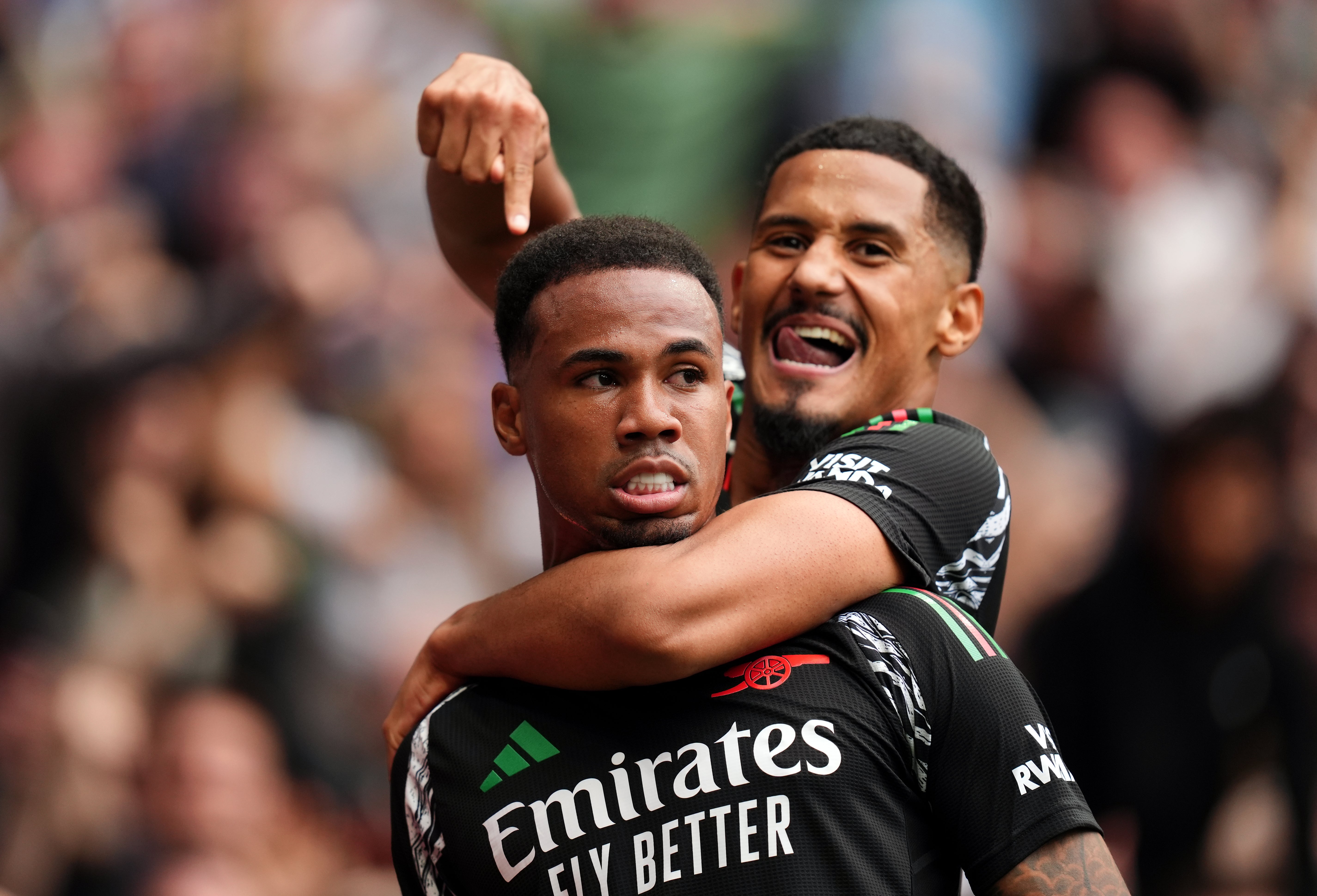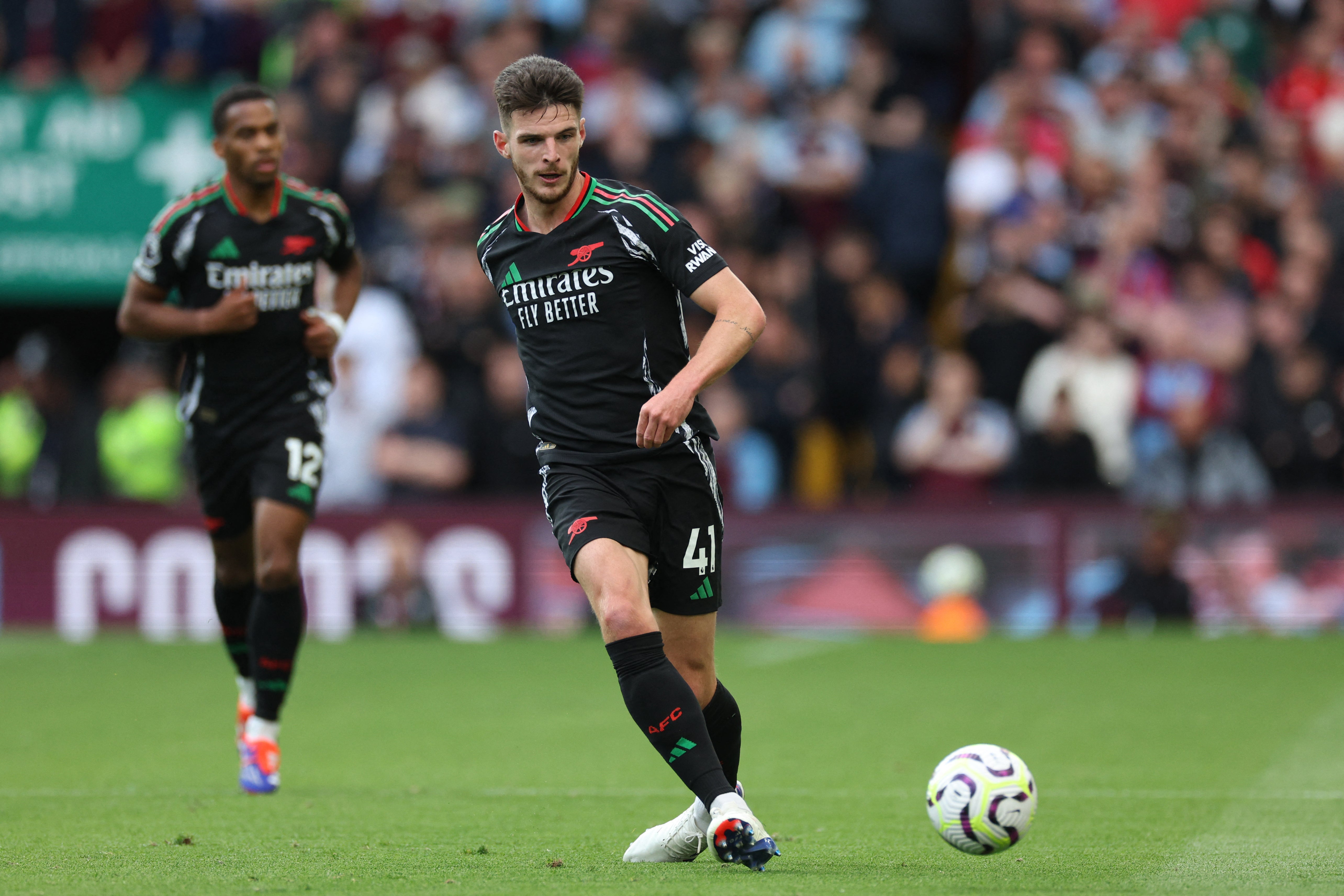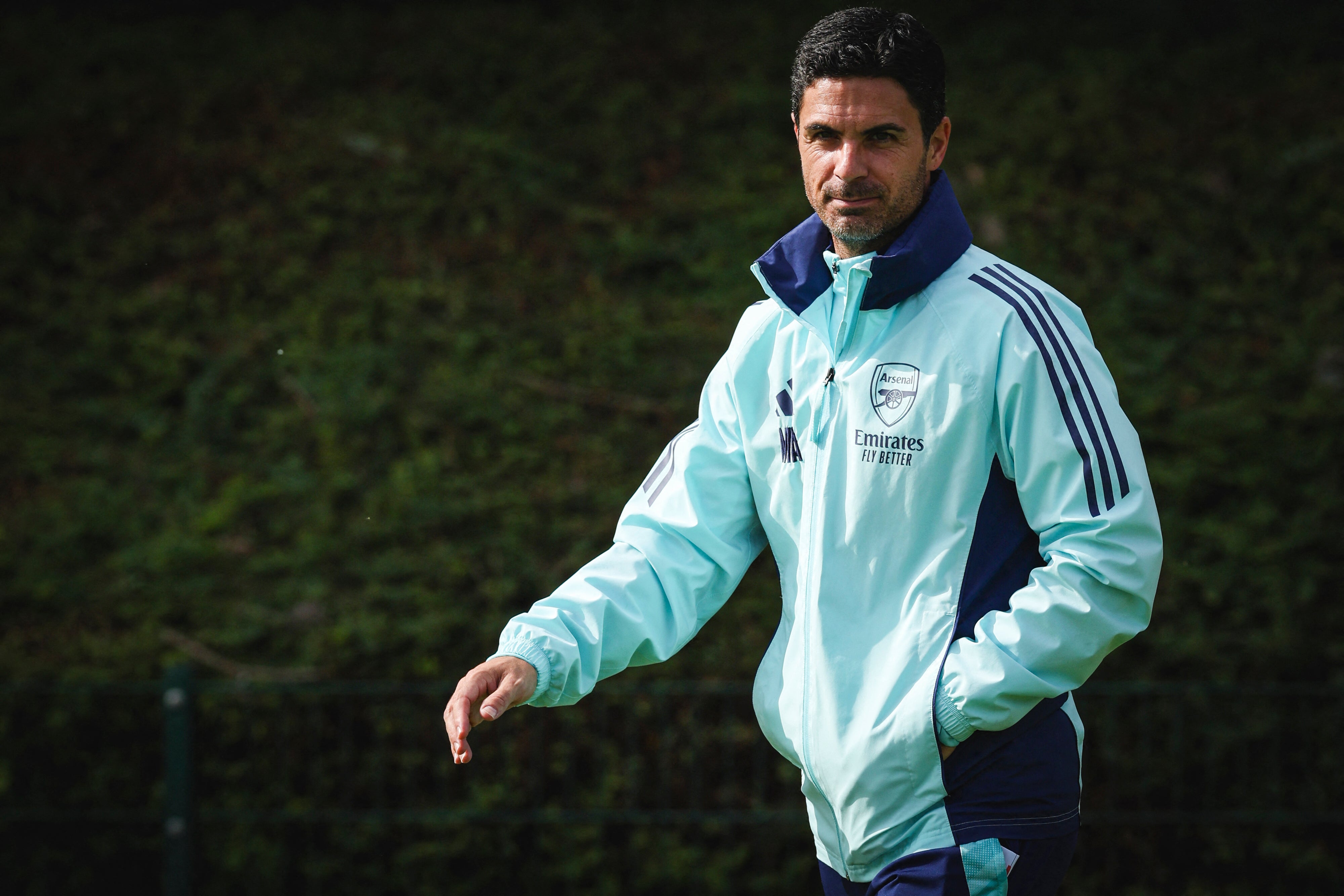In some of the difficult early seasons in north London, and even when things started to pick up and there was interest elsewhere, there was a particular motivation that drove Mikel Arteta. That was to become the first manager to win the Champions League for Arsenal. While returning the Premier League trophy to the club has obviously been just as high, Europe’s greatest prize was repeatedly mentioned. There would obviously be something unique, and euphoric, about achieving that. You only had to see the glee on his face when Arsenal finally got back into the Champions League again last season. It was visible once more on Wednesday night, as he spoke about preparing for the Atalanta game and the heightened stage.
This is where the club belongs.
It is by now a well-worn discussion to ponder whether Arsenal are the biggest club to never win the Champions League, especially since it’s probably true. It also remains remarkable that London clubs as a whole only have two, both through Chelsea’s victories under Roman Abramovich in 2012 and 2021, respectively.
What is important now is that Arsenal are back in a strong position to rectify that. There’s even an argument they are one of Europe’s three best teams, given they finished second behind Manchester City in the Premier League. That is the corollary of challenging for the English title, given that is where so much of football’s wealth is centred.
An obvious counterpoint to that kind of Premier League bombast is the manner in which Arsenal went out last season. There was a conspicuously meek quarter-final exit to a more convincing-looking Bayern Munich.
That’s also why Sunday’s win at Tottenham Hotspur had greater significance than a north London derby victory, as well as the way it eased the pressure in a big week for the club. There was something different about the nature of it.
At half-time, with the score still at 0-0, one prominent Spurs figure confided his concern. The worry was that Arsenal “knew exactly what they were doing”. There was a nous about their approach, in contrast to Spurs, where they just knew how to manage the game. Arteta’s side were also very confident in defending close to their own goal, in a way that was reminiscent of the strongest Italian backlines over the past 30 years. One Gabriel challenge, even before the goal, was vintage centre-half-play.

The man-marking of Thursday’s opposition in Atalanta shows that approach has obviously evolved in Serie A, too, but more noteworthy is really how Arteta has added so many different dimensions to Arsenal’s game. They can play the Spanish possession-pressing approach in its purest form, or really alternate in very nuanced ways. Jose Mourinho is known to have commented that, in last season’s game at Manchester City, he felt Arteta merely attempted what he had done years ago. That’s not quite true, but there are now similarities in defence.
It might go even further than that. Given that Arsenal had the best defensive record in the Premier League last season, it’s entirely reasonable to posit that they also have the best backline in Europe. Arteta would doubtless insist that all such defending is team-led and tactically holistic, but it still helps when you can lean on granite-hard defenders in that vintage way. This is why Real Madrid are interested in William Saliba.
Arteta has naturally been conscious of wider trends in the game, too. There is an argument that we’re now well into the post-Pep Guardiola era… even if it has naturally been led by Guardiola himself. That isn’t a contradiction. That possession-passing positional game has become so widespread that the real advances now are in the new details that elevate it. There are many variations to it. Some of them even hark back to football tactical history and the era before that. That’s especially the case with Guardiola’s own willingness to go direct to Erling Haaland, and the way so many modern teams are willing to stand off so as to avoid the press. All of last season’s City-Arsenal fixtures were illustrations of this.

Such games also have the most visible representation of this you can get. While the Guardiola era started with a series of midfielders and forwards who were under five-foot-10, all defined by their technique, Arteta has recently been intent on increasing the physical size of his Arsenal. The team has very literally grown over the last few years, as the hierarchy has targeted a series of physically imposing players who are over six feet. Riccardo Calafiori was only the last example, to go with Declan Rice.
That touches on the benefit of going through experiences like last season’s Bayern defeat, too. Those are the sort of games that turn boys into men, in terms of their sense for the European game. It is almost like they have to learn just how far off the elite level they are. Last season was a first for this group, after all.
“We have to take the lessons,” Jorginho said.
To add to that, Arteta and his staff did spend a lot of the summer considering how to shape the team so that it can challenge on two major fronts. It does now have more of a balance to it. There’s a greater experience alongside young players who have had considerable game time. It’s a good blend, that also increases these tactical options.

Arteta is similarly confident his first XI is superior to last season, although there may still be an issue with depth. Those close to the squad would say that two or three more players are required to really make it the best it can be.
That isn’t necessarily an obstacle to Champions League glory, mind. It is a knock-out competition, after all. Bayern eliminated Arsenal last season without going anywhere near as close to their own domestic title.
The challenge for Arteta now is to show his team are that bit closer to that European level, that they have that extra level of nous that gets you through those knock-out games.
The only problem is that Arsenal won’t get to find out for months. They, like everyone else, have to go through this expanded group stage.
“We have to learn how it works,” Jorginho smiled. More important might be learning the fine details of the stage.

